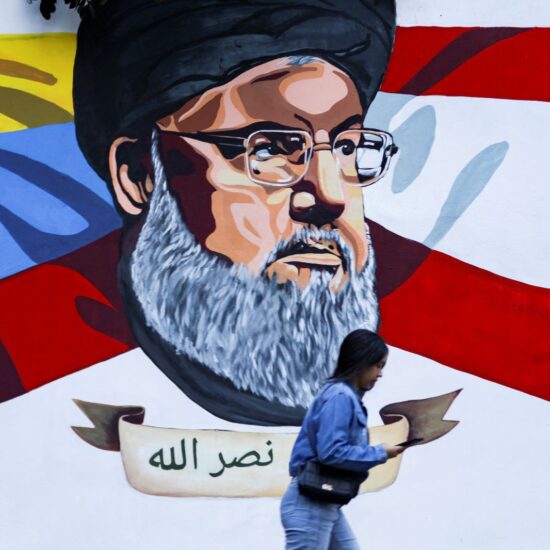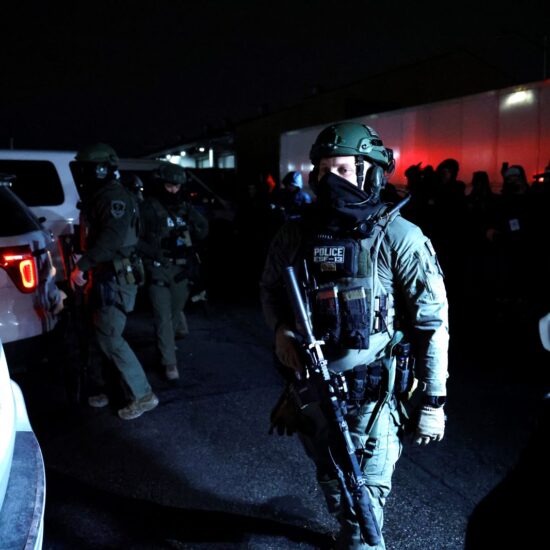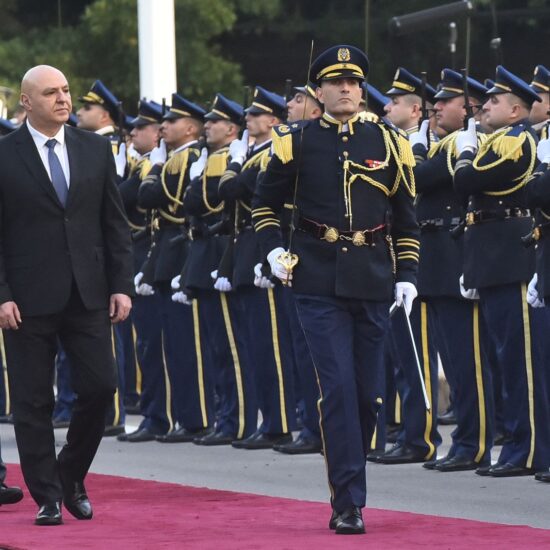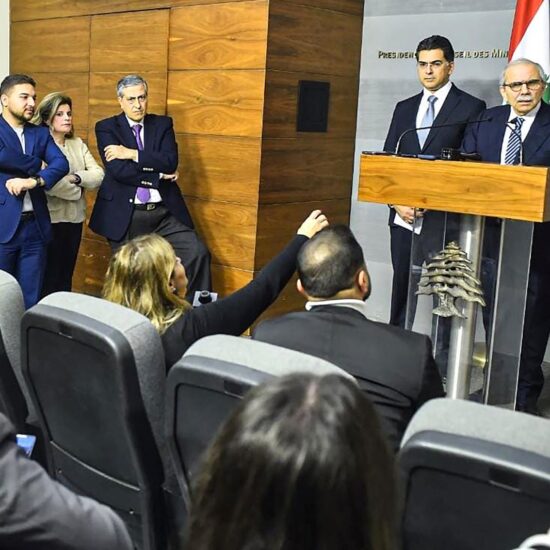
Two antagonistic poles stretch history and identity in the second centennial
For many, the Lebanese regime is an edifice built on a delicate sectarian balance that, if shaken, can cause conflict and dangerous polarization that may easily lead to bloodshed. In light of this, the social environment has seen its worst social and intellectual mutation from an open society to a sectarian regime influenced by the political junta.
As Lebanon faces the worst economic crisis in its modern history, certain central questions often come to the forefront of national debate: Is Lebanon at a crossroads that will lead to a radical change in its intellectual beliefs and socio-economic strata? Will the country ever be able to rid itself of the disintegrating and corrupt regime that has led the country astray for far too long? Will the youth of Lebanon deliver a knowledge system and cultural identity away from the debris of the first centennial? Answering these questions requires an examination of the establishment of the Lebanese society, as well as the internal and external factors that laid its foundations. Such an examination also provides clarity about the nature of the settlements the regime tends to make and the factors that might produce them.
To address this issue, and as part of the project “Lebanon in its Second Century: A Vision for the Future,” the Faculty of Arts and Sciences, and the Department of History and Archaeology held its third seminar in the cultural track at the American University of Beirut. The seminar, titled “What History and Identity for Lebanon’s Second Centennial?” was attended by a number of experts in cultural and media affairs.
Addressing the aforementioned issues at such a moment in time has brought about a wave of existentialist thinking into Lebanon’s culture and identity in the beginning of the second centennial.
Facing the risks of freedoms
The seminar was moderated by Lebanese journalist Diana Moukalled, who underscored that in the midst of sharp political and cultural polarization that is perhaps the most challenging in Lebanon’s history, questions of identity, culture, and freedom are more pressing than ever. After being a symbol of diversity and literary, intellectual, and cultural production in the region, Lebanon is currently facing significant risks related to the space of freedom and its boundaries.
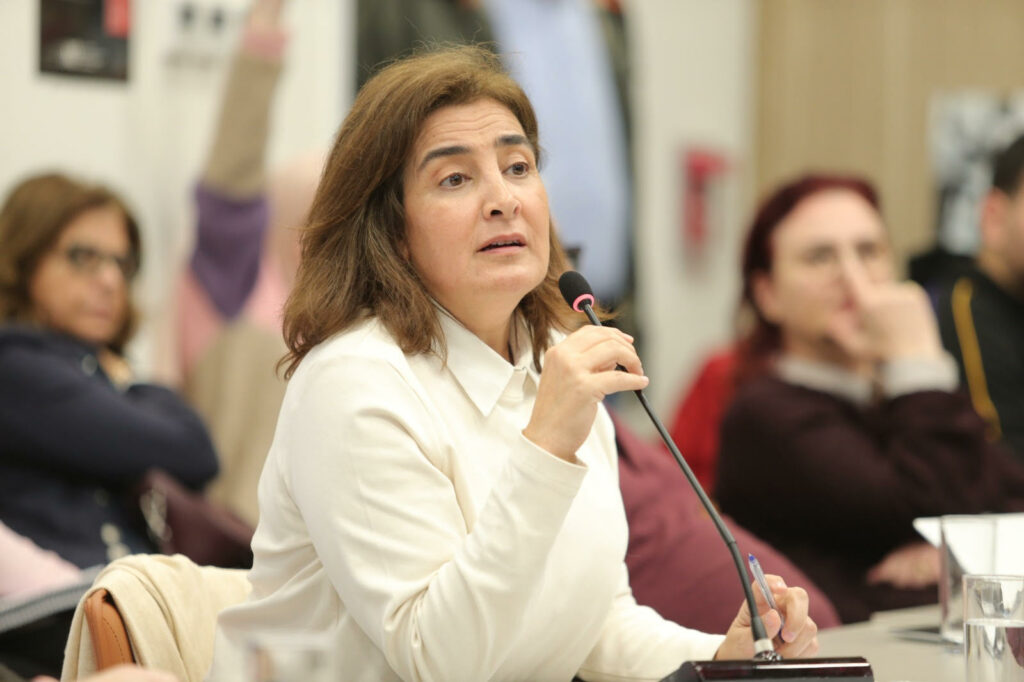
Diana Moukalled, a Lebanese journalist
Moukalled’s statements came in the wake of several human rights violations. A report by Amnesty International quoted that, “Impunity continued to protect perpetrators of torture and other crimes. Defamation laws were used against critics of the authorities…The authorities banned public LGBTI events during Pride Month.”
According to Moukalled with the dominance of armed factions, and border violations Lebanese society is being drawn into a destabilized state of affairs as questions of identity are emerging as a starting point for any future discussion on culture and identity.
“How do we confront cultural invasion, fortify freedoms, and limit the dominance of sects through religious and political institutions as they encroach on what is permissible and what is forbidden?” She asked.
Moukalled questioned, “Who is responsible for protecting culture and its pillars, as well as the people of literature, art, thought, and freedom in Lebanon? What is the impact of cultural diversity on Lebanese identity, and how is it threatened with the escalating arrests, censorship, and prohibitions in the name of sects?
Who ensures the moral and literary security of creators and artists, regardless of their beliefs, political affiliations, intellectual orientations, and genders?”
“For creators and artists, regardless of their beliefs, political affiliations, intellectual perspectives, and gender identities, who ensures the moral and literary security?” She concluded.
In the first session entitled “Scattered Identity,” Lebanese writer and researcher Dalal El-Bizri considered that people have lost the stamina to even participate in a national demonstration.
Referring to the Palestinian people, she said “despite all violence, they have demonstrated a will for change as ferocity against the population did not refrain them for taking to the streets.”
“Before the war on Gaza, the Palestinian activists organized annual demonstrations in May, commemorating the Balfour Declaration. With the Gaza war, this call became an opportunity for the convergence of various Arab from international ideologies, currents, and affiliations” she said. “This the model that must be used in Lebanon,” she pointed out.
El-Bizri added, “No matter how much we ridicule nostalgia, mock it, throw it with ‘irrational’ qualities, with its ‘backwardness,’ claiming that it impedes adaptation, progress, novelty, etc., this feeling turned out to be the dominant state of affairs of the society denuded from from arrogance or denial.” She claimed that this state of affairs is both “enjoyable and painful”.
Identity Crisis or Liberating History?
In the second session, researcher and history professor Charles Hayek stressed that the second centennial is a product of two antagonist poles – that of an identity crisis, or liberating history from its givens.
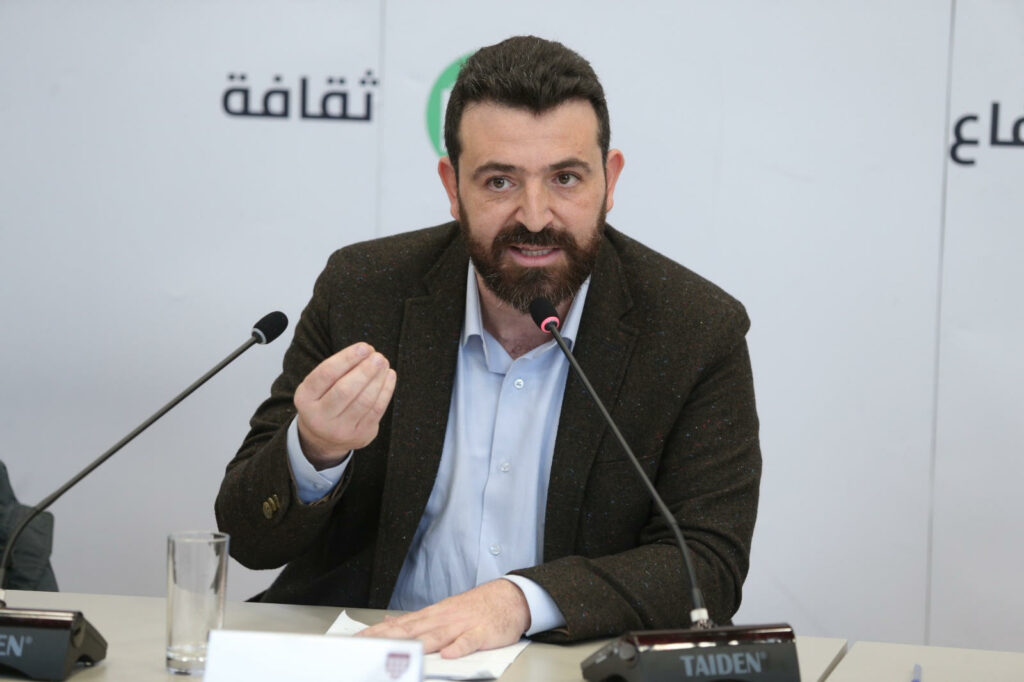
Charles Hayek, researcher and history professor
He pointed out that Lebanon has recently witnessed a terrifying escalation in the discourse around identity issues. “It is a nation without direction searching in the past for a role that justifies its existence and defines its present and future,” he believes.
According to Hayek, Lebanon has witnessed disruption which led to a return to the creation of narrow and small identities in the political and cultural arenas. “The country missed policies to build citizenship and a state of governance that requires a degree of liberation and emancipation from old prejudices,” he said.
Hayek stated that the vision for the future need to be shaped around answering the following questions: “Will we make the effort to reactivate the unique formula the first centennial was shaped with or will we attempt to build another Lebanon where identity is centered around building the state, citizenship, and culture, where freedoms are the essence? Will we accept identity and cultural diversity, and build ‘many houses in one’ or will we demolish what remains of this house in the name of conflicting identities?”
He concluded with saying “Through enhancing a more nuanced understanding of history, there is a need to bridge gaps created by identity politics and pave the way for a more peaceful and prosperous future? Is there still time to answer these questions?”
Two poles stretch culture and identity
Lebanese writer and political commentator Hazem Saghieh’s discussion was titled “How Lebanon Shaped Me and How I Emerged From It,” with a clear connotation of the conflicting identity crisis that many Lebanese suffer from.
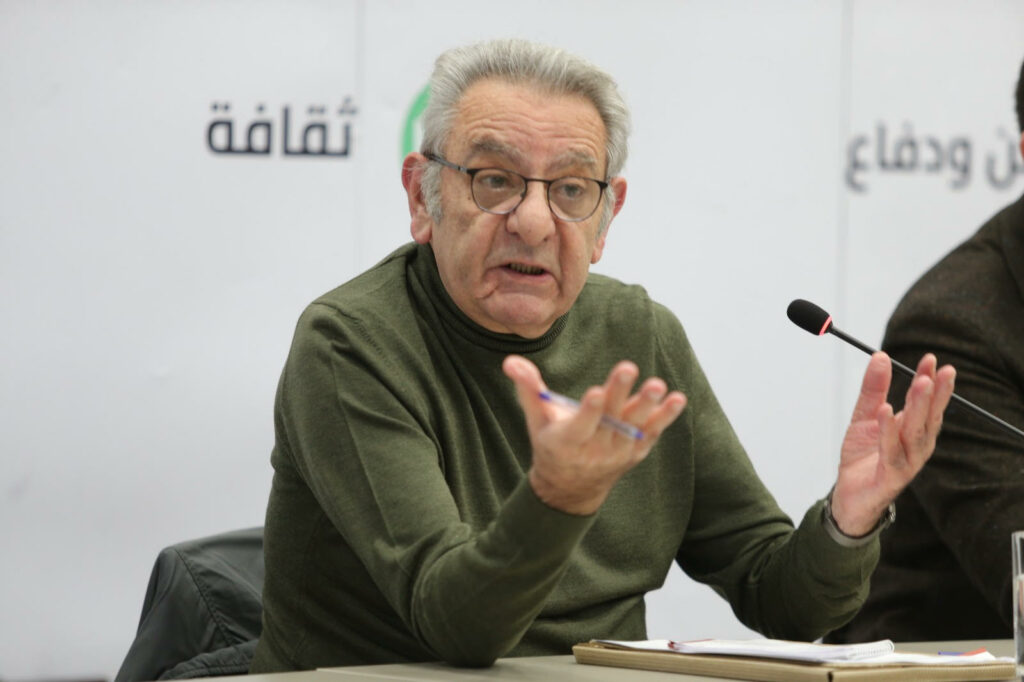
Hazem Saghieh, a Lebanese writer and political commentator
According to him, the society is stretched between “two factions” the faction of the fighter and the faction of the slain, and both divisions revolve around almost everything.
The fighter imposes, for the first time in the country’s history, with such strength and determination.
“It is a kind of an official ideology that directs us every day: ‘be like this and do this’, or else you are traitors and conspirators,” he said. “As for the slain, their killing is not necessarily material. It is done by depriving them of freedoms and denying them the determination of their destiny,” he added.
He stressed that Lebanon in the first centennial was not a living paradise by nature, but it certainly was not hell. “It was a country of open opportunities, even with some of the differences that history introduced and the prejudices,” he added. He concluded his talk on a negative note, stressing that there is a deep and justified doubt that this country can have a vibrant second century where aspiration of governance and united culture and identity can prevail.
Where do we go from here
Discussing Lebanon’s culture landscape entering the second centennial begs the following questions: Is it true that despite all the chaos and adversity, we’ve managed to maintain a strong sense of identity and community? Can Lebanon nurture still a unique blend of cultural, linguistic, and religious influences that made up the Lebanese identity? Being for long tradition a melting pot of flavors and traditions, from the mezze to the music can this amalgamation of freedom exist still?”
On that note, analysts believe that a common trope over the past decade has been the notion that Lebanon has been “held hostage” by the Hezbollah movement and its chief backer, Iran. This is based on concerns of the growing political and military power of Hezbollah, which along with the Amal Movement, has been part of the Lebanese government since 2005 with the support of their ally, former President Michel Aoun. This trend has been accentuated by major violations of human rights. The question hence for the second centennial is: where do we go from here ?
Maan Barazy is an economist and founder and president of the National Council of Entrepreneurship and Innovation. He tweets @maanbarazy.
The views in this story reflect those of the author alone and do not necessarily reflect the beliefs of NOW.



